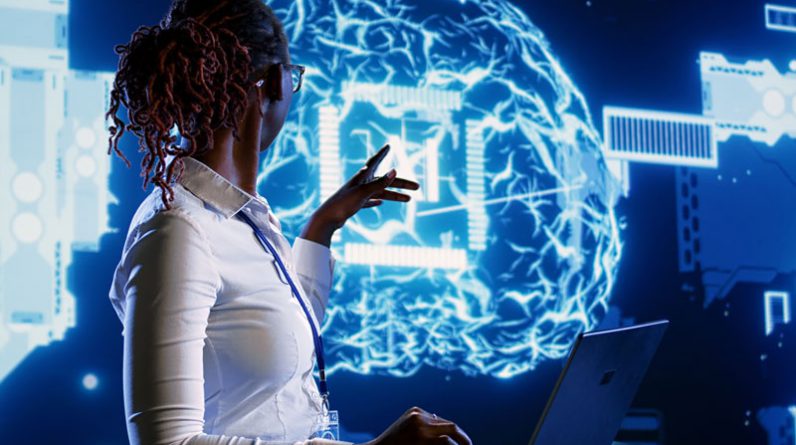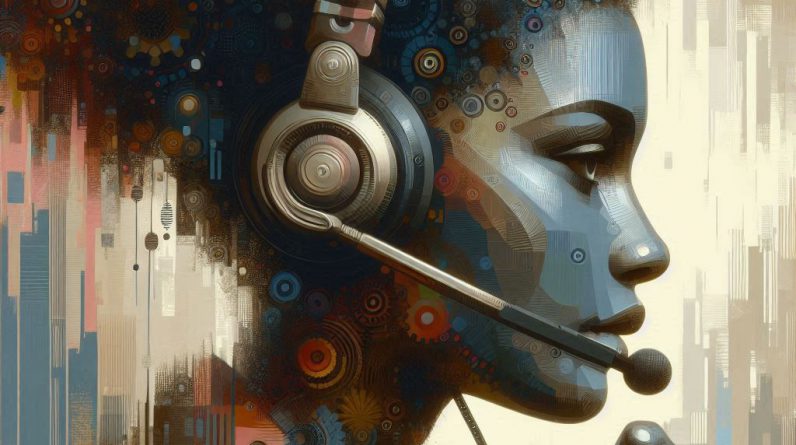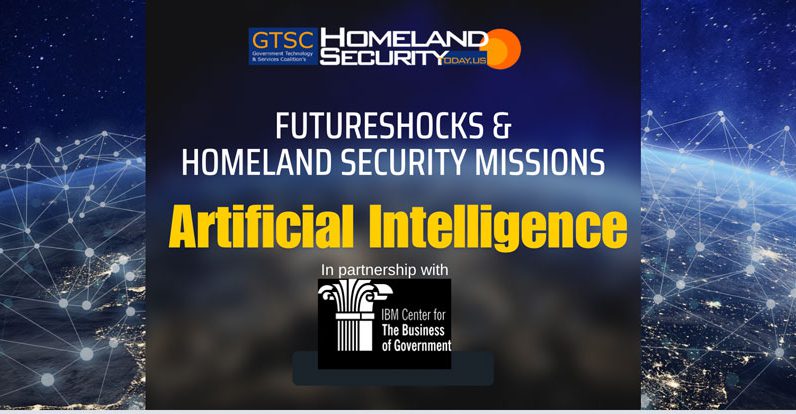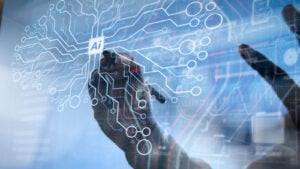
The more humans are exposed to robotics and artificial intelligence, the weaker their religious beliefs, according to a team of researchers at University of Chicago and Northwestern University.
The team was led by University of Chicago Booth School professor Joshua Conrad Jackson and Adam Waytz, who is on the professor and psychologist at Northwestern University’s Kellogg School of Management. The pair are focused on a unique area of study called behavioral finance, which has been rising in prominence in recent decades.
The team led by Jackson and Waytz found that the relationship between AI/automation and weaker religious belief isn’t coincidental in a paper, “Exposure to automation explains religious declines,” that has been accepted to be published in the Proceedings of the National Academy of Sciences.
The team studied closely four unique datasets composed of three million individuals worldwide to show the impact of exposure to AI and robotics has on religious decline. The key finding from research spanning 2006 through 2019 is that in nations that rely more greatly on robotics and AI technology there is a 3% decline in religiosity per decade. Compared to countries with less exposure to AI/robotics there was a 0.1% increase in religiosity. The amount may seem minor, the authors of the study said, but it was substantially larger than any other geopolitical variable. They added that small effects can fuel large divergences in religiosity over time.
Robotics exposure was associated with religious decline above and beyond other forms of technological development, such as telecommunications development and energy development. Each of these results held controlling for GDP per capita and population size.
The reasoning used for the decline is due to a perception of “human exceptionalism.” The researchers wrote, “Historically people have deferred to supernatural agents and religious professionals to solve instrumental problems beyond the scope of human ability. These problems may seem more solvable for people working and living in highly automated spaces.” Studies the team reviewed have shown that people ascribe automation technology with abilities that border on supernatural. For example, people perceive Google as having a unique level of agency shared only by Christians’ perceptions of God, according to the research paper.
Susan Barreto
Susan is an author with a long-time interest in religion and science. She currently edits Covalence, the Lutheran Alliance for Faith, Science and Technology’s online magazine. She has written articles in The Lutheran and the Zygon Center for Religion and Science newsletter. Susan is a board member for the Center for Advanced Study of Religion and Science, the supporting organization for the Zygon Center and the Zygon Journal. She also co-wrote Our Bodies Are Selves with Dr. Philip Hefner and Dr. Ann Pederson.






